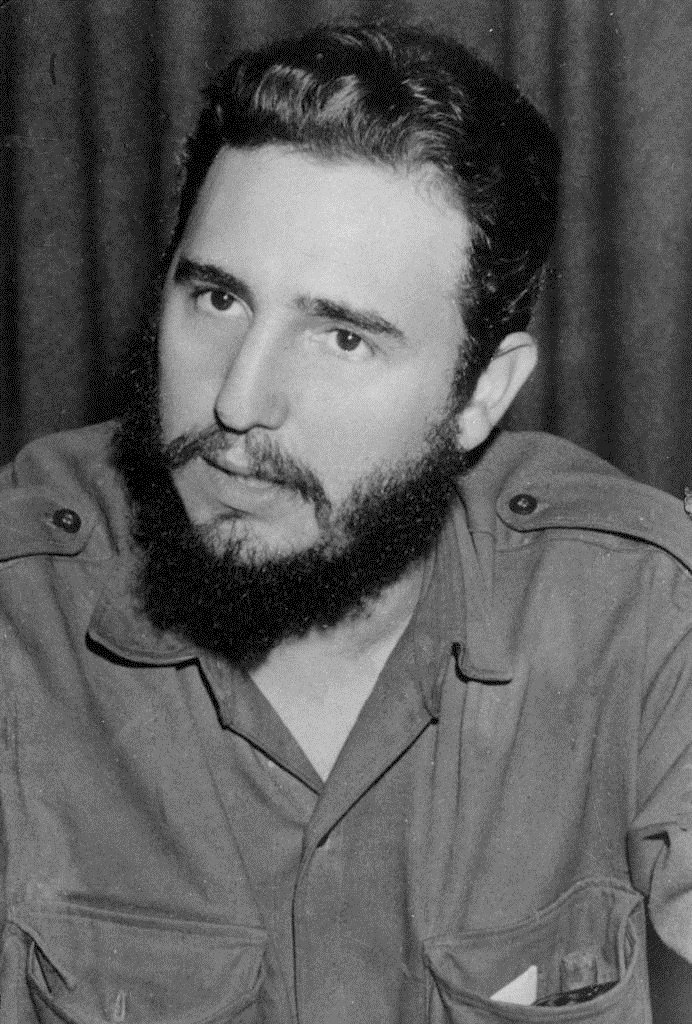Introduction
On February 16, 1959, Fidel Castro made history by becoming the 16th Prime Minister of Cuba. This significant event followed the successful Cuban Revolution, which saw the overthrow of the dictatorship of Fulgencio Batista. Castro’s rise to power marked the beginning of communist rule in Cuba, setting the stage for major socio-political changes and shaping the country’s relations with the rest of the world.
The Cuban Revolution
The Cuban Revolution, led by Fidel Castro, was a movement aimed at overthrowing the corrupt and oppressive regime of Fulgencio Batista. The revolution gained momentum in the late 1950s, as Castro and his followers, known as the 26th of July Movement, fought against Batista’s forces in a guerrilla war.
After years of struggle, the revolutionaries successfully ousted Batista on January 1, 1959. This victory was celebrated by the Cuban people, who saw it as an opportunity for change and reform. Fidel Castro emerged as the leader of the new government, with his brother, Raul Castro, serving as his deputy.
Castro’s Policies
As Prime Minister, Fidel Castro implemented a series of policies that aimed to transform Cuban society. One of the most significant actions taken by his government was the nationalization of industries. This involved the seizure of private businesses and the transfer of their ownership to the state. The nationalization process affected various sectors, including agriculture, manufacturing, and services.
Another key policy implemented by Castro was land reform. Large estates and plantations were confiscated and redistributed among the landless peasants. This move aimed to address the issue of land inequality in Cuba and provide opportunities for agricultural development.
Furthermore, Castro’s government introduced socialist policies that aimed to create a more equitable society. These policies included the establishment of free healthcare and education systems, as well as the promotion of social welfare programs.
Impact on Cuban-American Relations
The rise of Fidel Castro and the establishment of communist rule in Cuba had a profound impact on Cuban-American relations. The United States, under the leadership of President Dwight D. Eisenhower, initially viewed Castro’s government with caution but did not immediately sever ties.
However, tensions escalated when Castro’s government began expropriating American-owned properties. In response, the United States imposed economic sanctions on Cuba, including a trade embargo. These measures aimed to isolate and weaken the Cuban government, further straining relations between the two countries.
The relationship between Cuba and the United States deteriorated further when Castro aligned himself with the Soviet Union during the Cold War. Cuba became a strategic ally for the Soviet Union, leading to the Cuban Missile Crisis in 1962, a pivotal moment in the Cold War.
Legacy of Fidel Castro
Fidel Castro’s tenure as Prime Minister and later as President of Cuba lasted for nearly five decades, until he stepped down due to health reasons in 2008. His leadership left a lasting impact on Cuban society and politics.
Castro’s policies, while aimed at creating a more egalitarian society, also faced criticism for their impact on individual freedoms and human rights. The Cuban government’s control over the media, limited political dissent, and restrictions on travel have been points of contention both domestically and internationally.
Despite these criticisms, Castro remains a revered figure for many in Cuba and around the world, particularly for his role in standing up against imperialism and advocating for social justice. His influence on Latin American politics and his defiance of the United States have made him a symbol of resistance for many.
Conclusion
The ascension of Fidel Castro as the Prime Minister of Cuba in 1959 marked a turning point in the country’s history. His leadership and the policies implemented during his tenure transformed Cuban society and had far-reaching implications for Cuban-American relations. Whether viewed as a revolutionary hero or a dictator, there is no denying the significant impact Castro had on Cuba and the world.
SEO Excerpt:
Discover the historical significance of Fidel Castro becoming the Prime Minister of Cuba in 1959. Learn about the Cuban Revolution, Castro’s policies, and the impact on Cuban-American relations. Explore the legacy of Castro and his lasting influence on Cuban society.

